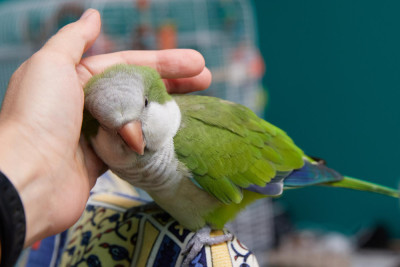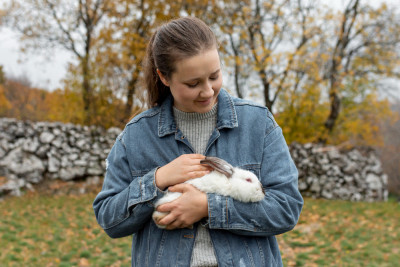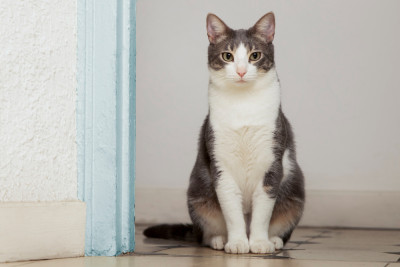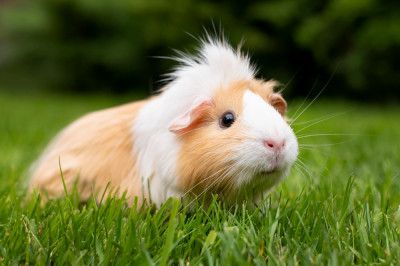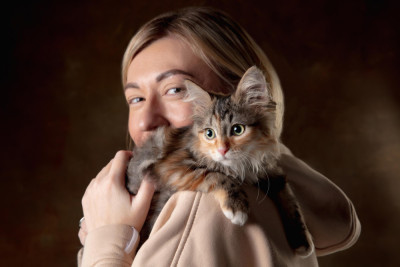1. Mutual Trust and Respect
The foundation of the bond between humans and birds is built on mutual trust and respect. Owners provide care, nourishment, and safety to their avian companions, while birds offer their trust, loyalty, and unique personalities in return. This trust is cultivated through consistent care, positive interactions, and the establishment of routines.
2. Communication Beyond Words
While birds and humans communicate differently, there is a profound exchange of understanding that occurs between them. Owners learn to interpret their birds' body language, vocalizations, and behaviors, allowing them to respond to their needs and emotions effectively. In turn, birds become attuned to their human caretakers' cues and signals, fostering a silent but powerful form of communication.
3. Companionship and Social Interaction
Many birds are highly social creatures that thrive on companionship. For pet bird owners, their avian companions often become valued members of the family, providing constant companionship and emotional support. Owners may engage in social activities with their birds, such as training sessions, interactive playtime, and even shared meals.
4. Shared Experiences and Memories
Owners and their avian companions create a treasure trove of shared experiences and memories over the years. These can include exciting adventures, quiet moments of reflection, and the simple pleasure of being in each other's company. These memories form a lasting bond that enriches both human and bird lives.
5. Enrichment and Stimulation
Owners play a crucial role in ensuring their avian companions receive mental and physical stimulation. Providing stimulating environments, toys, and activities keeps birds engaged, happy, and mentally sharp. This interaction not only deepens the bond but also contributes to a bird's overall well-being.
6. Empathy and Emotional Support
Birds are incredibly perceptive creatures that can sense their owner's emotions. They often offer comfort and solace during challenging times, serving as a source of emotional support. The presence of a beloved avian companion can alleviate stress, reduce feelings of loneliness, and bring joy to an owner's life.
7. Responsibility and Commitment
Owning a bird comes with a sense of responsibility and commitment. The care and dedication required to meet a bird's needs create a strong sense of accountability in owners. This commitment to their feathered friends reinforces the bond and drives owners to provide the best possible care.
Conclusion
The connection between owners and their avian companions transcends the boundaries of language and species. It is a relationship marked by trust, communication, shared experiences, and a profound sense of responsibility. The deep bond between humans and birds is a testament to the power of empathy, companionship, and the capacity for connection that exists in the world of animals. Whether in moments of playfulness, serenity, or emotional support, the relationship between humans and their avian companions is a testament to the beauty of interspecies connections.

